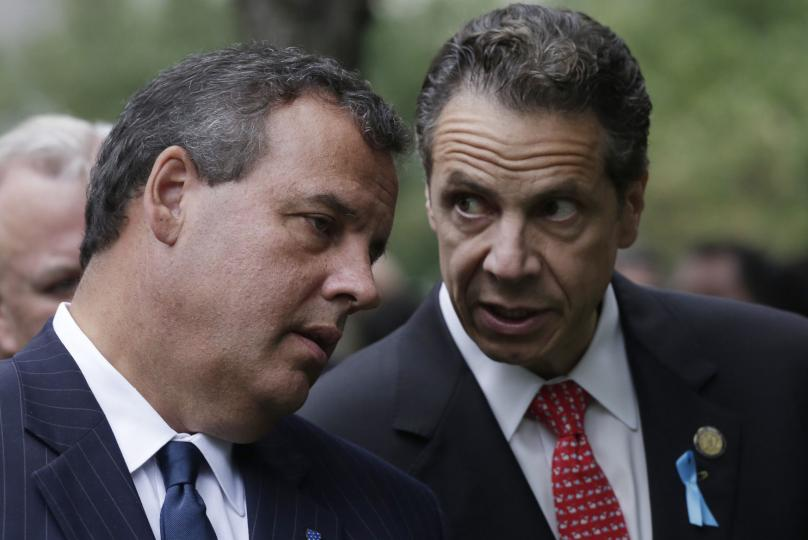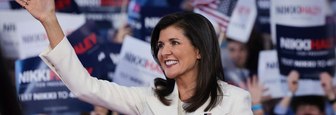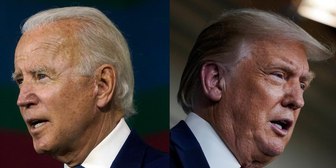Americans are less afraid of the threat of Ebola than they have been, but support for strict measures to contain it is still very high
Just 13% of Americans are very worried about contracting Ebola, and just over a third are even somewhat worried. But that doesn’t stop most of the public from supporting all types of quarantine. Most adults would also keep anyone who has been anywhere near an outbreak out of the United States.
In the latest Economist/YouGov Poll, nearly three in four Americans would quarantine anyone who had been in a country where there had been a major Ebola outbreak. Even more would quarantine medical personnel who have treated Ebola patients.
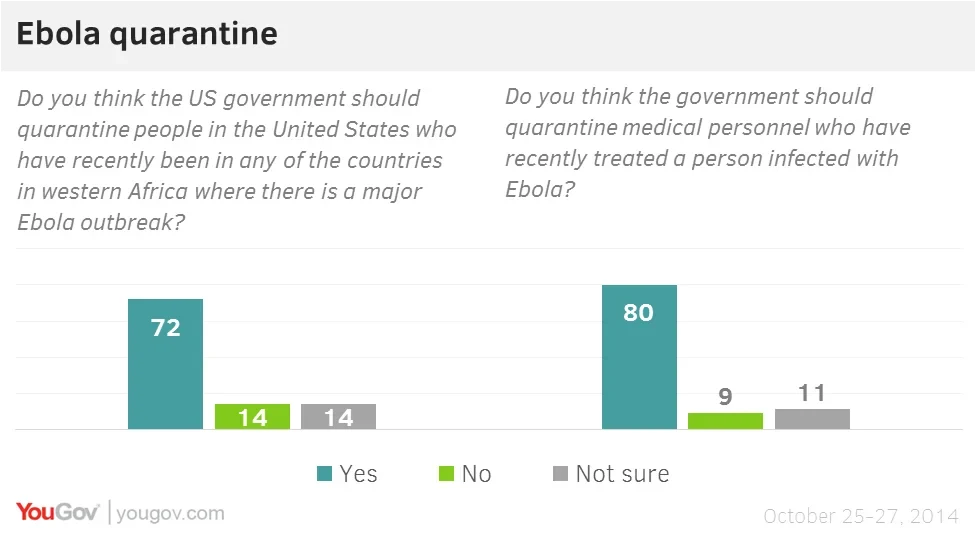
There is overwhelming support for the specific actions that were taken by New York Governor Andrew Cuomo and New Jersey Governor Chris Christie -- imposing a mandatory quarantine on medical personnel returning from working with Ebola patients in West Africa. Eight in ten Americans approve of their decision. Cuomo has now stepped back from that policy after criticism from the Obama Administration and after Kaci Hickox, a nurse quarantined in New Jersey, complained about what she called “inhumane” treatment at the New Jersey hospital where she was quarantined.
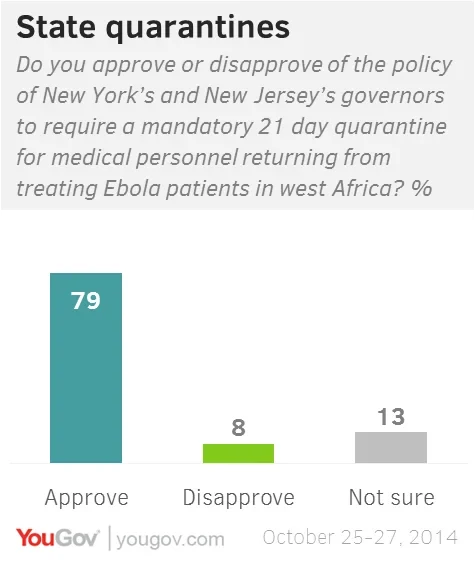
Quarantining medical personnel is an action popular with Democrats and Republicans, men and women, and blacks and whites. And, across the board, Americans are more likely to answer “no” than “yes” when asked if anyone traveling from countries where Ebola is active should even be allowed into the United States. Just as has been the case whenever the Economist and YouGov have asked about this issue, a majority would forbid entry to people traveling from those countries. Only 25% in this week’s poll would admit them.
In the last few weeks, the percentages believing the United States is not doing enough to fight the virus had been growing. This week, perhaps because of the small number and successful treatment of new cases contracted in this country (only two nurses who treated Thomas Eric Duncan, who came to the United States from Liberia), fewer say that. The other two cases (Duncan and Dr. Craig Spencer) are individuals infected in other countries, but only manifested the infection in the United States after entering the country during the incubation period.
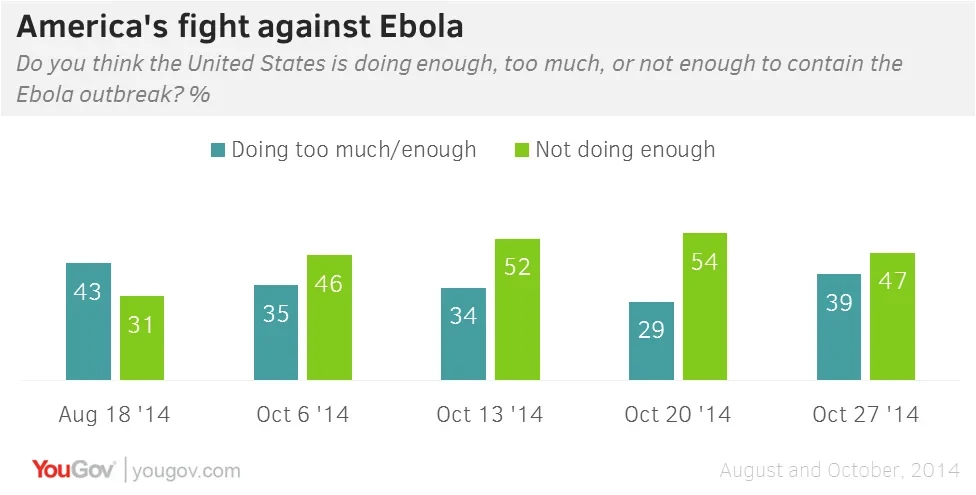
Answers on this question remain partisan. A third of Democrats say the United States is not doing enough; twice as many Republicans think that.
Fear of infection has also lessened, continuing the pattern that began last week. Nearly two in three are not too worried – or not worried at all – about personally contracting the virus.
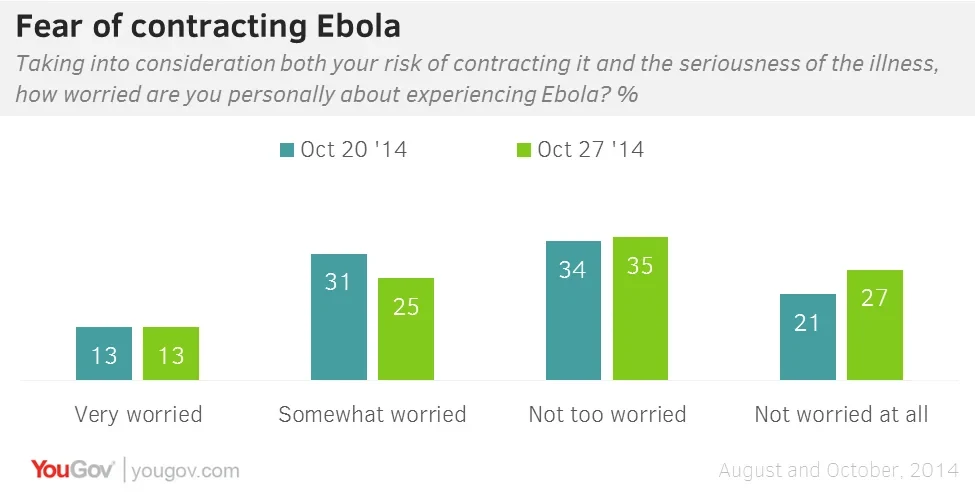
But more than half still think there could be an epidemic: so while the public is becoming less worried about their personal risk of contracting Ebola, they are still concerned many others could become infected, resulting in an epidemic in the United States.
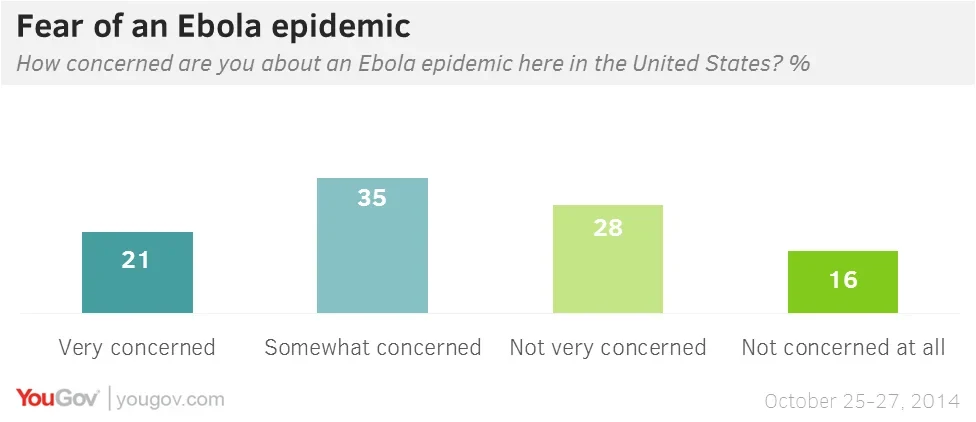
That may be driving the continued desire for quarantine and exclusion, which does not seem to be linked to personal worry. For example, less than half of Republicans are worried they could contract the virus, but 67% of them are worried about an epidemic.
One thing that is happening is that the public is paying much more attention. This week, 27% are “very closely” following news about Ebola, up from 17% last week. And three in four are paying close attention.
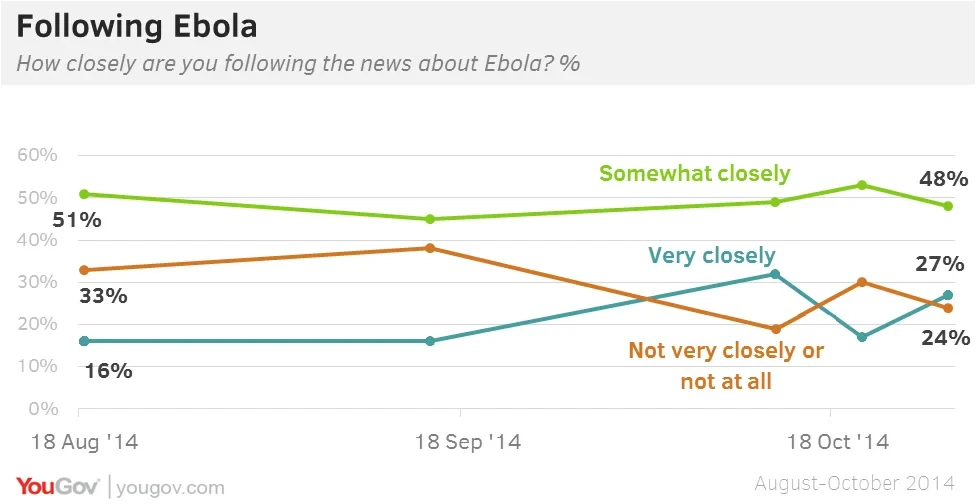
This global medical crisis has forced President Obama to cancel campaign trips and justify the government’s response. The increasingly critical public had become more negative in their assessment of how the President was handling the situation. This week, however, there has been some improvement. Though the balance of opinion remains negative, the margin has narrowed in the last week. Nearly as many today say they approve of the President’s response as say they disapprove.
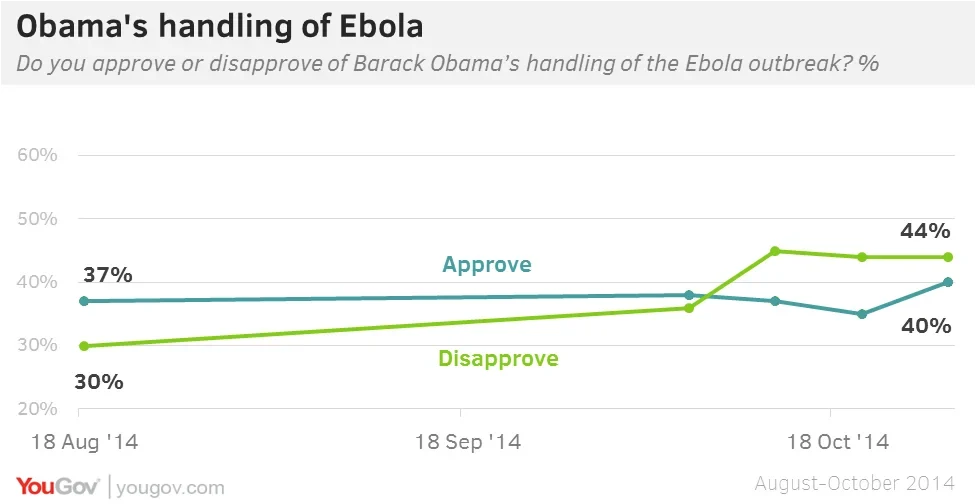
Full results can be found here.
Economist/YouGov poll archives can be found here.
